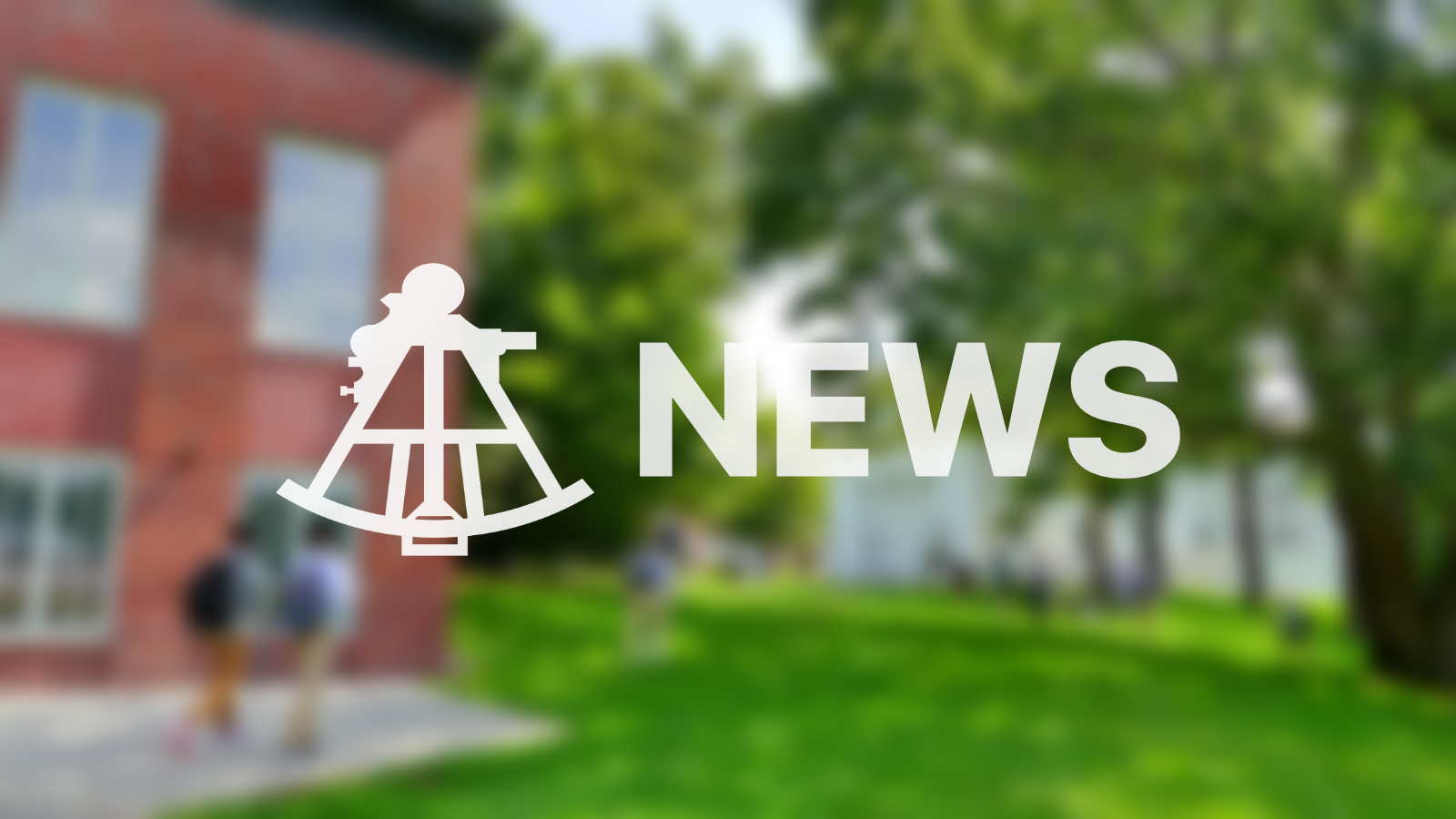This year, voters in MA were faced with two additional questions on their ballots, along with their votes for President, House, Senate, and local elections. The two topics were “Right to Repair” and Ranked Choice Voting.
“Right to Repair” was already a question MA voted yes on just eight years ago, but the nature of the question has changed since then. Eight years ago, voters gave independent mechanics the right to plug into your car’s onboard data portal and receive the same data that the dealership would have; thus ensuring that all mechanics, whether through the dealership or not, have access to the data they need to diagnose the car’s problems. Since then, however, data is no longer stored in your car’s internal computer. 90% of new cars collect and transmit the data directly to the dealerships, making it once again more difficult for independent repair shops to diagnose the car’s troubles. Question 1 requires carmakers to outfit every car with an open access platform to mechanical data, available to the owners and the local repair shops.
The argument for Question 1 is that car makers can alert you when you have mechanical problems, giving them a leg up on independent repair shops. On the other hand, the vote-no side warns of the possibility of hackers or other malicious actors accessing the database, and using the access to do anything from stalking to even taking over control of the car and causing crashes. Question 1 passed with 75% of the vote, and it remains to be seen what the consequences will be.
Question 2 on the ballot was ranked choice voting. With ranked choice voting, voters would say they like candidates in the order A, B, C, instead of choosing amongst the three. In this case, if A had the least popular votes, their voters’ second choices are all given consideration, meaning this voter would now be voting for B. However, voters are not required to rank each candidate and may elect to just choose one or two.
As the system is now, voters are often faced with a problem of having two candidates that they like, and the one they like less is more likely to win. This forces voters into choosing their second favorite candidate, and makes people who vote for 3rd party candidates “throw their vote away.” This wouldn’t be a huge problem if we had two widely popular parties, but 57% of Americans would like to have a 3rd party. The argument against ranked choice is that it is too confusing for the average voter, necessitating them to get to know multiple candidates policies instead of just the big 2. Question 2 did not pass, earning just 45% of the vote.
Important questions were also on the ballot throughout the rest of the country, many of which pertained to drug use and possession. Arizona, New Jersey, South Dakota, and Montana all legalized marijuana for recreational use, Mississippi legalized marijuana for medical use, and Oregon legalized psilocybin, more commonly known as magic mushrooms. Other areas of the country decriminalized drug use and possession, with Washington D.C. decriminalizing entheogens and Oregon decriminalizing possession of all drugs if the user completes a health assessment or pays a $100 fine. Ballot measures in other states pertained to the districting and voting processes. In Colorado, voters decided to join the National Popular Vote Interstate Compact which would give the state’s electoral votes to the winner of the national popular vote if enough states were to join the compact throughout the country. Two states, Missouri and Virginia, passed ballot measures for redistricting, with Missouri putting a nonpartisan demographer in charge of the process and Virginia leaving the process to a commission of citizens and state legislators. Voters in Nevada passed a ballot measure relating to climate change, requiring electric utilities to generate half of their energy from renewable sources by 2030. In Florida, voters decided to raise the minimum wage to $15/hour by 2026, increasing it first to $10/hour in 2021 and raising it $1 annually until 2026. In California, voters had thirteen questions on their ballot. The state decided to uphold cash bail, classify app-based drivers as contractors and not as employees, restore the right to vote to felons, and keep in place a ban against affirmative action.





